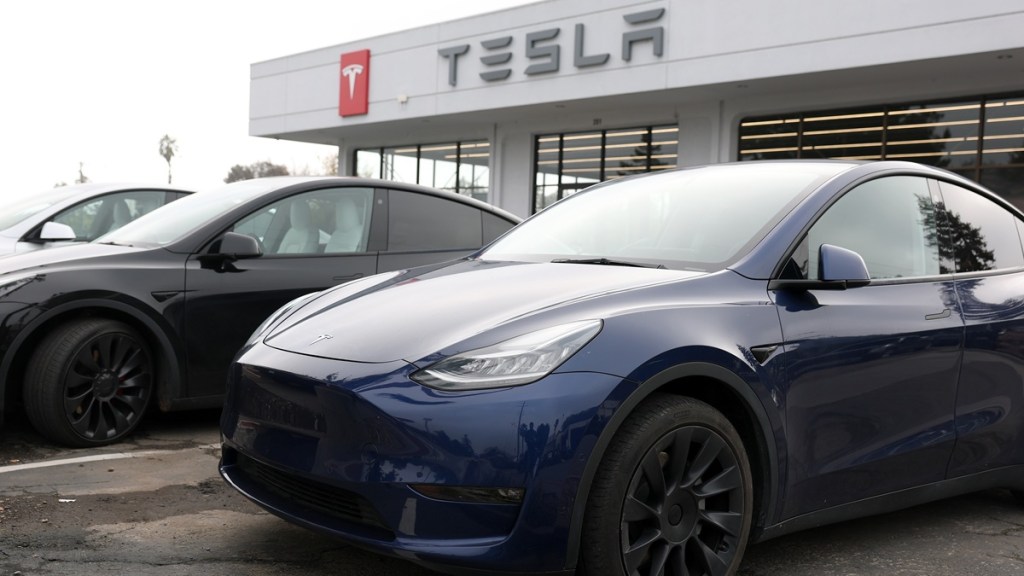A nationwide Tesla recall is pulling thousands of newer EV models off the road due to a major defect. Almost 13,000 Model Y (2026) and Model 3 (2025) Teslas manufactured between March 8 and August 12, 2025 have been impacted by a faulty battery, as noted by the National Highway Traffic Safety Administration (NHTSA). The Elon Musk-headed company has faced over 20 recalls since 2023 for its Cybertruck and other vehicles.
Tesla recalling nearly 13,000 vehicles over battery defect
A safety recall report by the NHTSA submitted on October 10, 2025 identifies a defect with the battery pack in specific Tesla Model Ys and Model 3s.
“Affected vehicles are equipped with a battery pack contactor manufactured with InTICa solenoid which may suddenly open due to poor coil termination connection,” the report reads. This can potentially cause “a sudden loss of propulsion.”
The safety risk comes while the Tesla vehicle is in drive with the driver possibly losing “the ability to apply torque to the vehicle using the accelerator pedal resulting in a loss of propulsion, which may increase the risk of a collision.”
This can be particularly dangerous while the driver is on a highway or in a place where it’s difficult to pull the vehicle along the side of the road. The report notes that “no warning occurs prior to the loss of propulsion,” though a visual alert on the vehicle’s user interface will appear once the issue is detected.
Tesla will be replacing the affected battery pack contactor at no charge to the customer, who will need to bring their vehicles in to have it swapped. As of October 7, 2025, the company identified over 36 warranty claims and 26 field reports related to the condition and is not aware of any collisions, injuries, or fatalities due to the faulty part.
The NHTSA opened an investigation into Tesla in August over whether the company correctly reported crashes due to its vehicles’ full self-driving and autopilot features.










